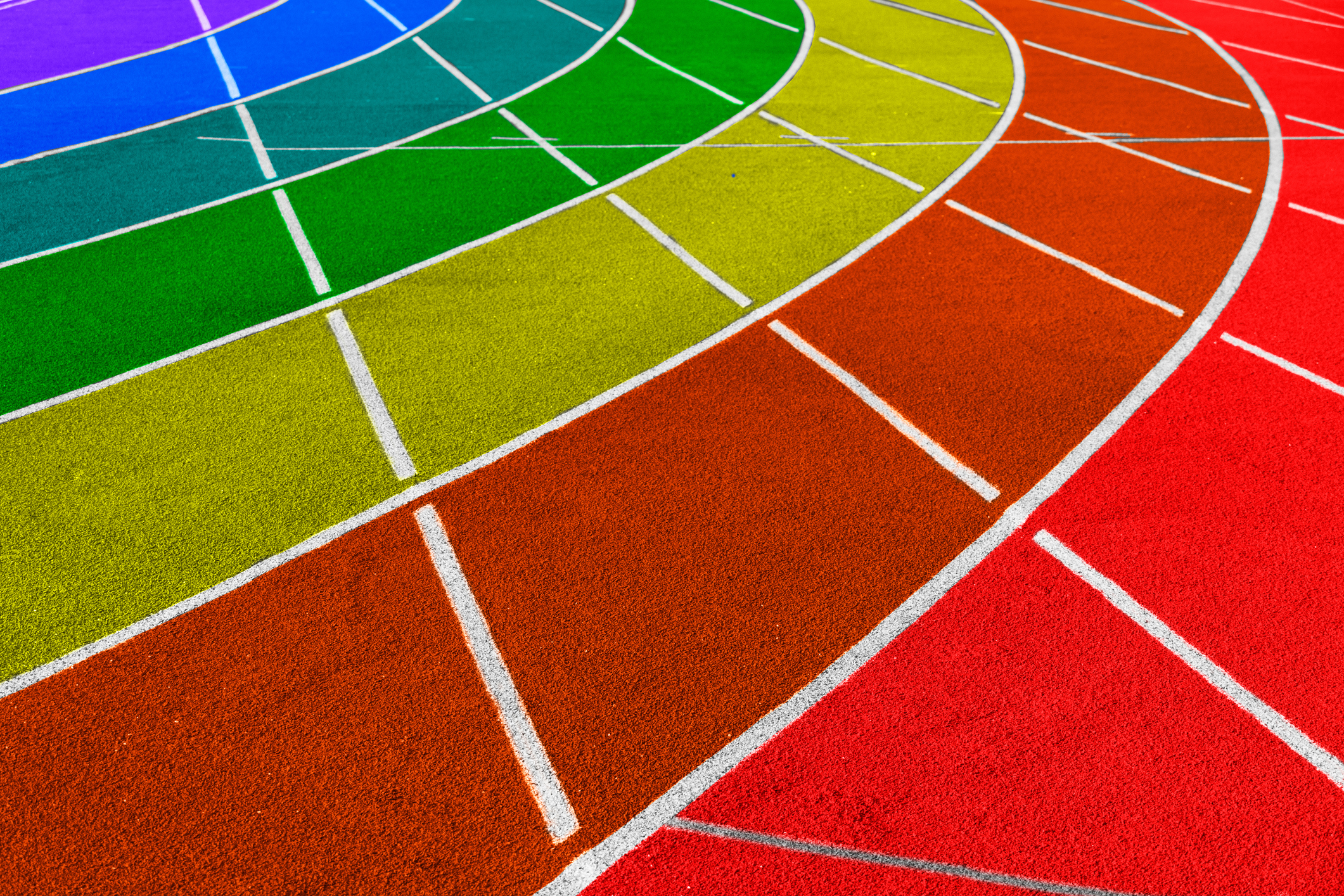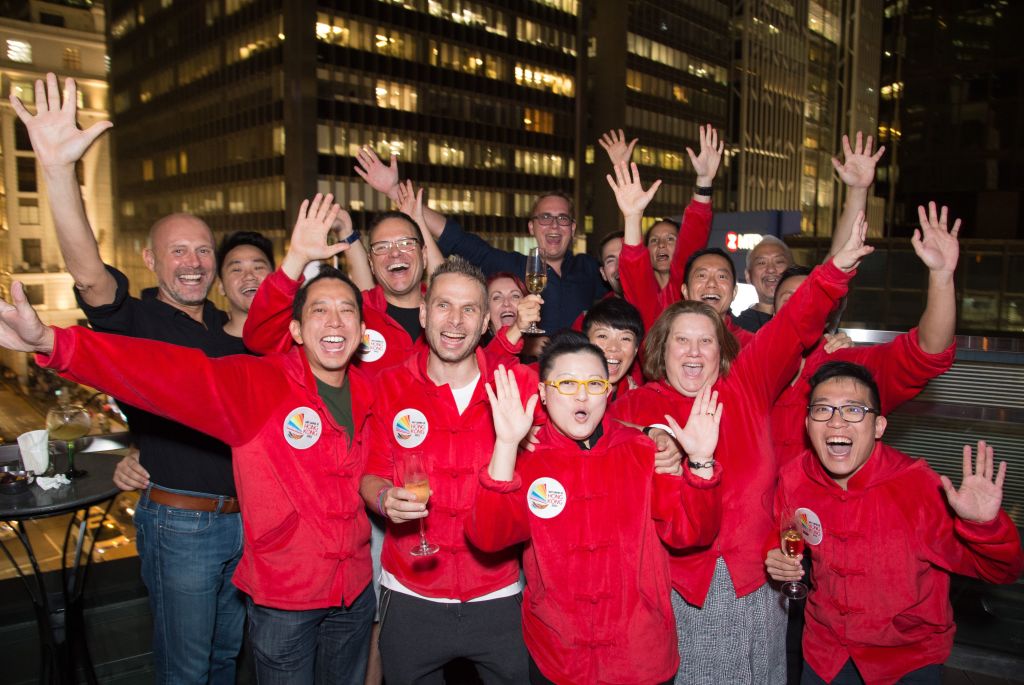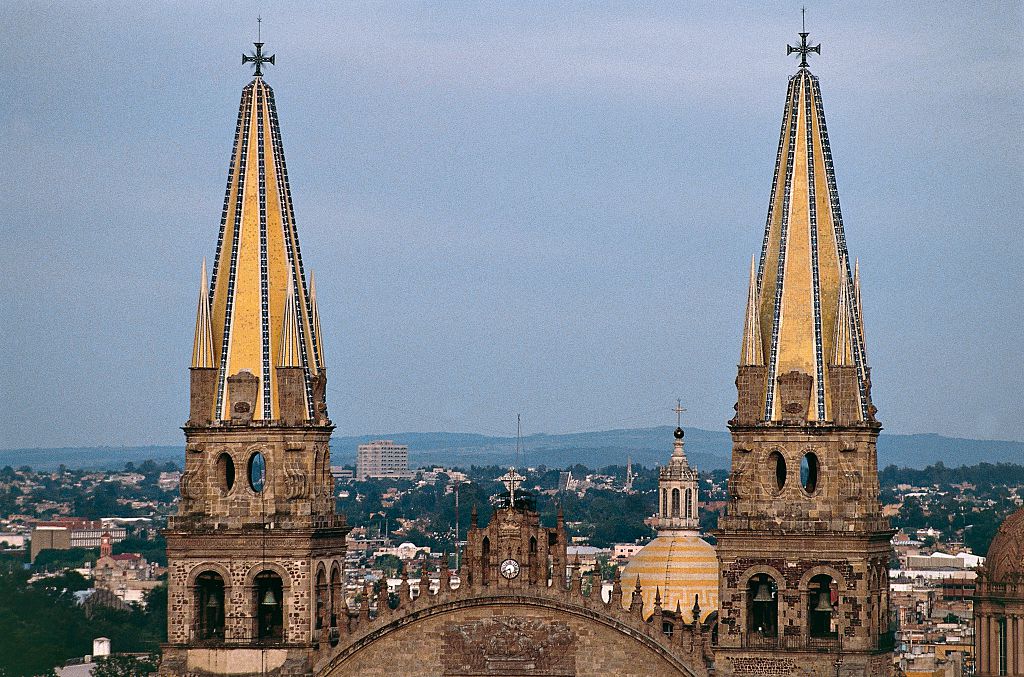
On the face of it, the 11th Gay Games should be a triumph for Hong Kong.
The cosmopolitan, semi-autonomous Chinese city is the first Asian location for the quadrennial event since its inception in San Francisco in 1982. When, in 2017, local organizers won their bid to host the 2022 Games, they were thinking on a grand scale.
They spoke of 15,000 participants from across the globe competing in 36 sports—making the 2022 Hong Kong Games far bigger than the 2018 iteration in Paris (just 10,000 athletes) and the 2014 Cleveland Games (a mere 8,800 competitors).
The logistics were to present no difficulties to a city that was then used to playing host to almost 60 million visitors annually. Spectators, athletes, and officials would be ferried between state of the art sports venues via a public transport infrastructure globally famed for its efficiency. At the end of each action-packed day, luxury hotels, sophisticated restaurants, and pumping bars would throw open their doors, helping to bag some of the estimated $127 million the Games were to bring in.
Then, in early 2020, the pandemic hit and Hong Kong imposed one of the world’s strictest COVID prevention regimes. Tourism was killed off by draconian quarantine rules and harsh social distancing measures that—at their most stringent—mandated the wearing of face masks even while hiking on remote nature trails.
Read More: Inside the Right-Wing Movement to Ban Trans Youth from Sports
The authorities have since relented—at least partially. New arrivals have not had to undergo quarantine since Sept. 26, even if they are required to take a battery of PCR tests within their first few days in the city. But the scrapping of quarantine has come too late for Games organizers.
Last September, they decided to push the event to November 2023—12 months later than planned. When the postponement was announced, most visitors to Hong Kong were required to undergo 21 days of hotel quarantine at their own expense and nobody could say when the rules would change. Delaying the Games seemed to make perfect sense.
The Gay Games are not the only sporting event in Hong Kong to have run into problems. Organizers of the 2022 Hong Kong Marathon abruptly canceled the race over COVID regulations (it has now been rescheduled for next February). The 2023 World Dragon Boat Racing Championships have been relocated from Hong Kong to the Thai resort of Pattaya. Oxfam Trailwalker, a 100-kilometer endurance race, was recently scrapped because participants were refused permission to take off their masks to eat and drink at checkpoints.
But the Gay Games were meant to be the on-brand, money-spinning showpiece, positioning Hong Kong as a colorful, tolerant destination, unafraid to welcome free-spending LGBT visitors at a time when authorities in mainland China are cracking down on various forms of sexual and gender expression—and when the local hospitality sector badly needed a shot in the arm. Instead, the Games have faced bureaucratic headwinds and political opposition and have been radically scaled down. The difficulty in staging them also speaks to the state of LGBT advocacy in the region.

Splitting up the Gay Games
It’s not as if big sporting events can’t be staged safely amid a pandemic. Beijing successfully hosted the Winter Olympics in February, even as it enforced a stringent zero-COVID policy. But being entirely reliant on volunteers, the Hong Kong Gay Games has never had the resources to institute the kind of closed-loop system that made the Beijing Olympics viable.
Instead, organizers have chosen to drastically scale back the Games as a way of coping with Hong Kong’s COVID regulations. More than half of the events have now been offloaded to Guadalajara—a city of 1.5 million people in western Mexico that was a competing bidder in 2017. Most of the athletes are set to head there too. Famed for its cultural events and tequila, Guadalajara does not mandate the use of face masks in public, unlike Hong Kong. Nor are visitors required to do COVID tests.
Runner Nellie Waddell from Seattle is one of many competitors who initially planned on participating in Hong Kong but is now heading to Mexico. Waddell, 40, isn’t fazed by the prospect of some events being held simultaneously in Hong Kong and Guadalajara, splitting up the fields of competitors.
Read More: The Radically Inclusive World of England’s Grassroots Women’s Soccer Clubs
“Every event a runner goes to, they have to race against who’s there,” she tells TIME. “Does an elite runner feel less accomplished winning the London Marathon because the world record holder is racing in Berlin?”
Hong Kong organizers meanwhile estimate that less than half of the originally envisaged 15,000 athletes will turn up in the city and they expect just 25,000 spectators—somewhat fewer than the average MLB game. Financially, the event will be lucky to break even. It’s a frustrating situation. Had organizers known a year ago that the Hong Kong government would scrap mandatory quarantine, then “we wouldn’t need to co-host” says Lisa Lam, co-chair of the Games’ organizing committee.
Lam says that she and other organizers briefly discussed scrapping the event. “We were kind of thinking, are we still going to have the Gay Games?” she says. “We really did some soul-searching.” But a cancellation would have meant wasting years of hard work by the all-volunteer staff. Corporate sponsors, not wanting to be associated with a failure, pushed back against the idea. “Hopefully, it will carry on in [this] trajectory,” says soccer coordinator Emery Fung, 28.

LGBT Rights in Asia
When the Federation of Gay Games awarded the host city duties for the 11th Games to Hong Kong, a spokesperson for the city’s bid said it was a “major step for the LGBT community in the region.”
In Asia, many jurisdictions pay mere lip-service to LGBT equality. Singapore recently decriminalized sex between men while taking steps to constitutionally enshrine marriage as a heteronormative instituion. Thailand’s LGBT community has struggled with systemic discrimination for years, giving the lie to the kingdom’s LGBT-friendly reputation. Taiwan has given recognition to same-sex marriage, but anyone wanting to marry a foreigner of the same sex can only marry one from one of the 30 or so other global jurisdictions where such marriages are also legal—a stricture that heterosexual people do not face.
Elsewhere in Asia, the situation for LGBT people can be dire. Indonesia’s LGBT community is worried that reforms to the criminal code will be used to persecute same sex couples. Brunei threatens to punish same-sex relations between men with death (although the sanciton has never been enforced)
To be sure, Hong Kong has made progress in LGBT rights. In 2018, authorities revised immigration policies after the top court ruled that foreign workers could bring in their same-sex spouses on a dependent visa. In 2019, a gay civil servant won his appeal on spousal benefits for his husband. Last year, the High Court granted two separating lesbian mothers joint custody of their children.
But the judicial wins highlight how sparse local legislation for LGBT inclusivity is. Despite the public’s record-low opposition to LGBT rights there is no prospect of marriage equality or legal recognition of transgender individuals. Discrimination remains prevalent in many contexts.
Read More: Homophobia Is Not an Asian Value
Conservative legislators have also attacked the Games, calling the potential revenue “dirty money.” One went so far as to call the Games a “threat to national security.” They claim activists may use the Gay Games to advance political causes. Taiwanese athletes pulled out, fearing arrest under Hong Kong’s National Security Law if they competed under the island’s emblem.
Bureaucracy has also caused logistical headaches. The organizers’ legal status as a charity means they are lower down the waitlist than schools and local sports associations when it comes to booking public sports facilities, so they have resorted to private venues like the University of Hong Kong swimming pool and sports complex. “We fell through the cracks in a way,” Lam said.
The city’s equal opportunity watchdog and tourism board have backed the Gay Games, however, and a spokesperson for John Lee, Hong Kong’s top official, tells TIME the government “fully respects and is committed to protecting all rights and freedoms safeguarded by the law.”
After stalling for months, the 2022 Gay Games will finally be opening registration this October. Although the Hong Kong event will take place in a greatly reduced form, many in the COVID-battered city are glad that it is happening at all.
“I knew it would be a tough battle to gain support from the city authorities from day one,” says Donald Tsim, a 60-year-old volunteer. “That’s why we treasure all the support we can get, be it big or small.”
More Must-Reads from TIME
- Cybersecurity Experts Are Sounding the Alarm on DOGE
- Meet the 2025 Women of the Year
- The Harsh Truth About Disability Inclusion
- Why Do More Young Adults Have Cancer?
- Colman Domingo Leads With Radical Love
- How to Get Better at Doing Things Alone
- Michelle Zauner Stares Down the Darkness
Contact us at letters@time.com